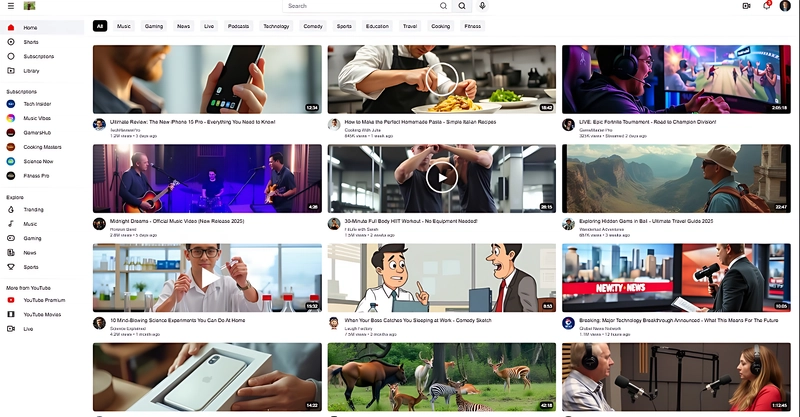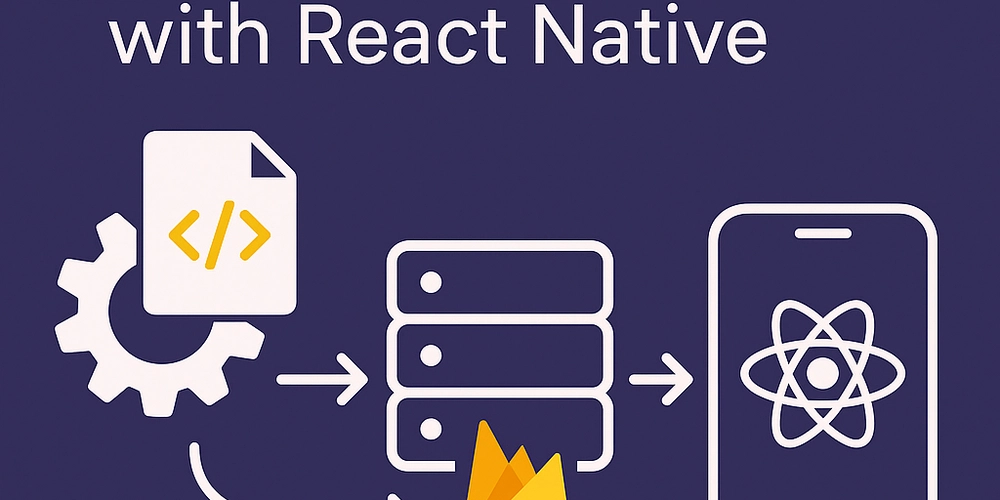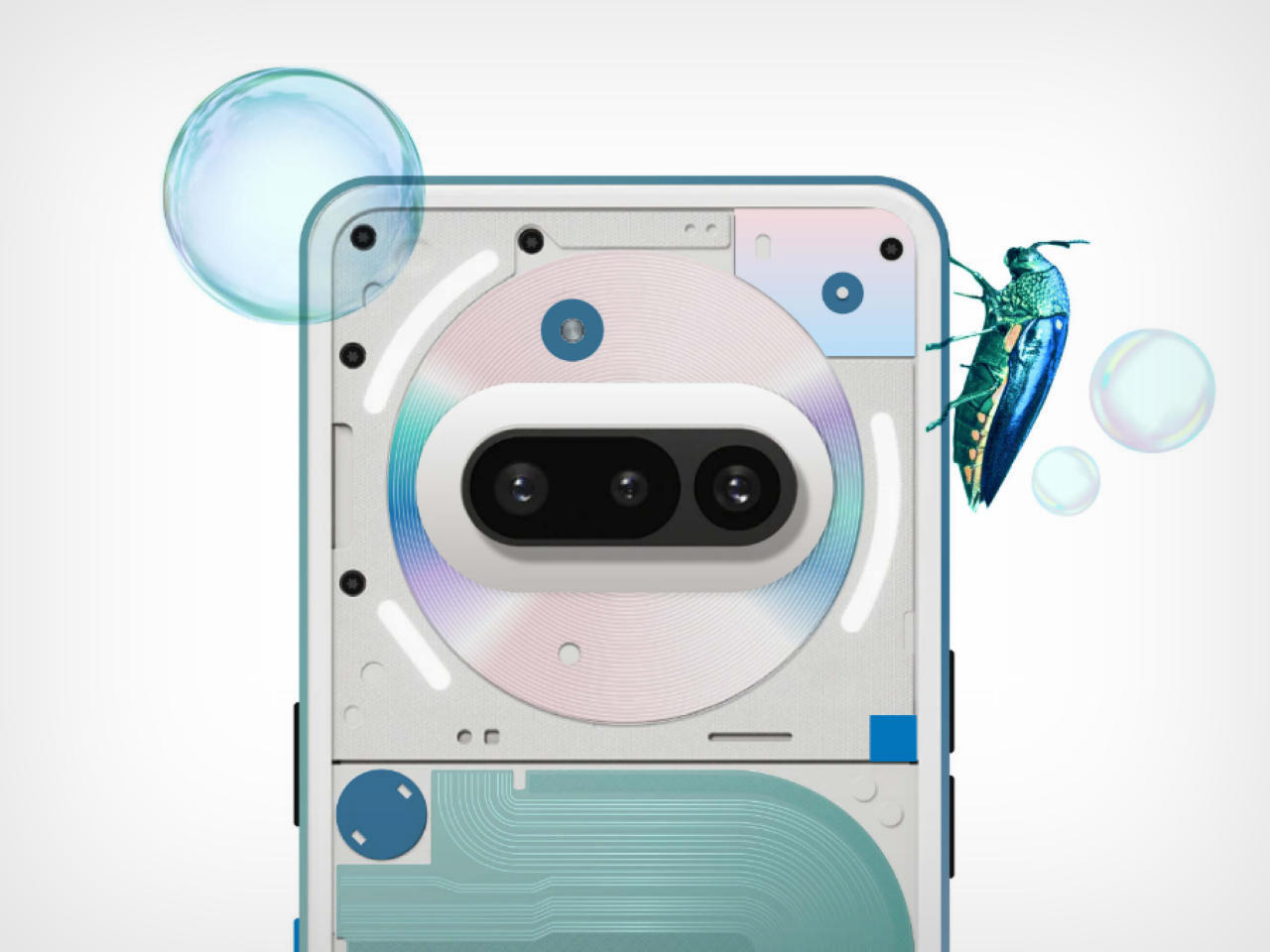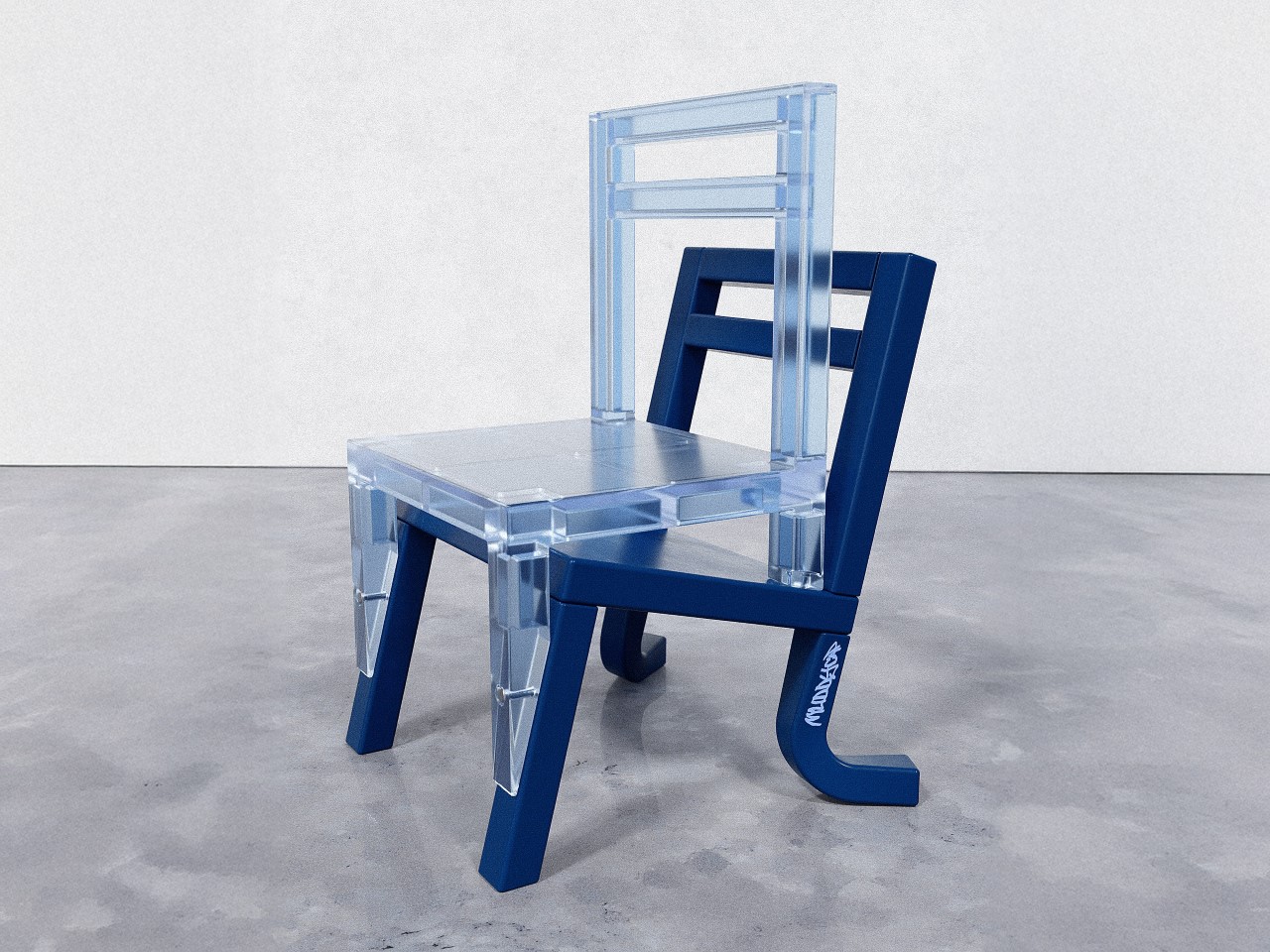Take the Blame, Pass the Praise
You Ship the Fix. PM Claps. Slack Drops a Few Thumbs Up. You smile. Quietly. What no one sees: The junior who caught the edge case. The reviewer who poked the right hole. The ops engineer who deployed it at 2AM without waking you. You didn’t do it alone. Even if you could’ve. You’ve been around long enough to know: wins are rarely solo acts. But if you’re not deliberate about who gets seen, the credit has a bad habit of sticking to whoever was closest to the spotlight when the music stopped. And suddenly, you’re not just shipping code. You’re shaping culture - whether you mean to or not. Praise Is Leverage. Use It on Purpose. You’re not handing out compliments like party favors. This isn’t emotional swag. You’re distributing momentum. Confidence. Context. Visibility. That one-liner someone added in QA that saved the rollout? Call it out in retro. Mention it to their manager. Add a comment in the PR: “This caught the thing none of us saw. Massive win.” Small, deliberate praise. No pom-poms. No standing ovations. Just clear signal. And when you pass praise to someone who didn’t think their part mattered, you do more than pat them on the back. You help them step up again. You make them easier to trust next time. The best engineers don’t hoard that leverage. They spend it like pros. Own the Miss. Out Loud. Every Time. You will mess up. Or something will break near you. Or on you. Or technically because of you but only because Carl merged that thing at 16:59 on a Friday. It might not be your fault. But it’s still your responsibility. Try this: “This one’s on me. I missed that case and didn’t double-check the fix. Here’s what I’m doing to close the gap.” Nobody wants a Shakespearean monologue. They want clarity. Direction. And to know the ship isn’t sinking just because something sprung a leak. If you make it safe to fail, you make it safe to try. Spotlight Isn’t Scarce. Stop Acting Like It Is. You don’t lose influence by pointing it somewhere else. You gain it. When you credit someone - in the meeting, in the thread, in the PR - you send two signals: That you actually pay attention. That you’re secure enough to share the win without breaking out in hives. Both of those make you the kind of teammate people want to keep around. (See also: Your Team’s Culture Is Written in Your Pull Requests for more on how those small moments stack into real culture.) And When Things Get Tense… You know the vibe. Prod’s broken, everyone’s sweaty, Slack’s on fire, and people start looking for a neck to wring. This is where the pros separate themselves from the panic goblins. You don’t deflect. You don’t disappear. You de-escalate. “Let’s unpack what made this easy to miss—not who missed it.” “Let’s make sure we all understand what we learned here.” This isn’t corporate spin. It’s how you stop a problem from becoming a pattern. (If you need help saying things clearly without being a walking HR violation, check out: Say What You Mean Without Being a Jerk.) You Don’t Need a Bigger Spotlight. You Need a Brighter Room. If you’re the only one getting noticed, the room isn’t well lit. If the same people get praise every time, maybe the mic is broken. Fix that. Engineers like working where their effort matters. Leaders make sure it’s seen. You don’t need to be the hero. Just make it easier for everyone else to play their part. Skip the statue. Build the kind of team that doesn’t need saving.

You Ship the Fix. PM Claps. Slack Drops a Few Thumbs Up.
You smile. Quietly.
What no one sees:
- The junior who caught the edge case.
- The reviewer who poked the right hole.
- The ops engineer who deployed it at 2AM without waking you.
You didn’t do it alone. Even if you could’ve.
You’ve been around long enough to know: wins are rarely solo acts.
But if you’re not deliberate about who gets seen, the credit has a bad habit of sticking to whoever was closest to the spotlight when the music stopped.
And suddenly, you’re not just shipping code. You’re shaping culture - whether you mean to or not.
Praise Is Leverage. Use It on Purpose.
You’re not handing out compliments like party favors. This isn’t emotional swag.
You’re distributing momentum. Confidence. Context. Visibility.
That one-liner someone added in QA that saved the rollout?
Call it out in retro. Mention it to their manager.
Add a comment in the PR:
“This caught the thing none of us saw. Massive win.”
Small, deliberate praise. No pom-poms. No standing ovations. Just clear signal.
And when you pass praise to someone who didn’t think their part mattered, you do more than pat them on the back.
You help them step up again. You make them easier to trust next time.
The best engineers don’t hoard that leverage. They spend it like pros.
Own the Miss. Out Loud. Every Time.
You will mess up. Or something will break near you. Or on you. Or technically because of you but only because Carl merged that thing at 16:59 on a Friday.
It might not be your fault. But it’s still your responsibility.
Try this:
“This one’s on me. I missed that case and didn’t double-check the fix. Here’s what I’m doing to close the gap.”
Nobody wants a Shakespearean monologue.
They want clarity. Direction. And to know the ship isn’t sinking just because something sprung a leak.
If you make it safe to fail, you make it safe to try.
Spotlight Isn’t Scarce. Stop Acting Like It Is.
You don’t lose influence by pointing it somewhere else. You gain it.
When you credit someone - in the meeting, in the thread, in the PR - you send two signals:
- That you actually pay attention.
- That you’re secure enough to share the win without breaking out in hives.
Both of those make you the kind of teammate people want to keep around.
(See also: Your Team’s Culture Is Written in Your Pull Requests for more on how those small moments stack into real culture.)
And When Things Get Tense…
You know the vibe. Prod’s broken, everyone’s sweaty, Slack’s on fire, and people start looking for a neck to wring.
This is where the pros separate themselves from the panic goblins.
You don’t deflect. You don’t disappear. You de-escalate.
“Let’s unpack what made this easy to miss—not who missed it.”
“Let’s make sure we all understand what we learned here.”
This isn’t corporate spin. It’s how you stop a problem from becoming a pattern.
(If you need help saying things clearly without being a walking HR violation, check out: Say What You Mean Without Being a Jerk.)
You Don’t Need a Bigger Spotlight. You Need a Brighter Room.
If you’re the only one getting noticed, the room isn’t well lit.
If the same people get praise every time, maybe the mic is broken.
Fix that.
Engineers like working where their effort matters.
Leaders make sure it’s seen.
You don’t need to be the hero. Just make it easier for everyone else to play their part.
Skip the statue.
Build the kind of team that doesn’t need saving.






































































